
How Many Types of Membrane Switch Do You Know?
How Many Types of Membrane Switch Do You Know?
Membrane switches are an integral part of numerous electronic devices, offering a versatile interface for user interaction. These switches come in various types, each tailored to specific applications and user preferences. Understanding the different types of membrane switches and their functionalities is crucial for selecting the most suitable option for diverse requirements. Do you know how many types of tactile switch in this industry? Let’s introduce for you.
1.Flexible Membrane Switch
A flexible membrane switch is a typical form of membrane switch. Its structure consists of panel material, spacer layer, and circuit layer, all composed of various flexible films. The circuit layer of a flexible membrane switch uses polyester film (PET) known for its excellent electrical properties as the carrier for switch circuit graphics. Due to the properties of polyester film, the switch exhibits good insulation, heat resistance, flexibility, and high resilience. The circuit graphics, including switch wiring and lead-out wires, are printed using low-resistance, low-temperature-cured conductive coatings. This composition allows the entire membrane switch to be flexible, suitable for both flat and curved surfaces.
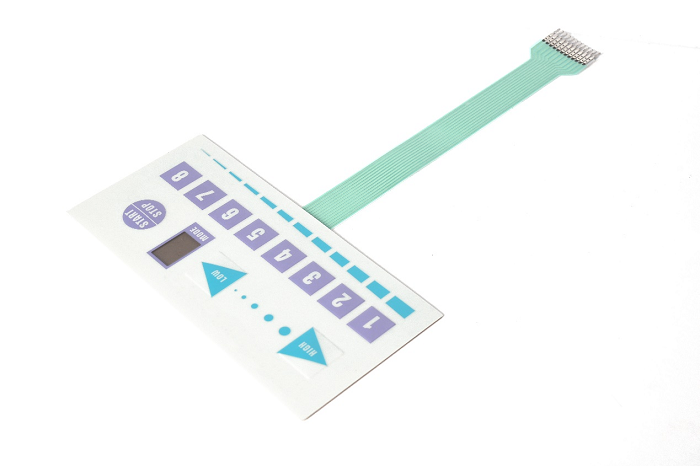
2.Rigid Membrane Switch
Just as its name implies, a rigid membrane switch refers to a switch where graphics and circuits are printed on copper-clad boards, that we call it printed circuit board (PCB). Rigid membrane switches are characterized by easy material sourcing, stable processes, low resistance, and the ability to directly solder certain components on their back. While they offer good tactile feedback, they may require additional components and flat cables for wiring compared to flexible membrane switches. The rigid base substrate in Yu An electronics can be normal FR4 PCB, aluminum circuit board and steel part.
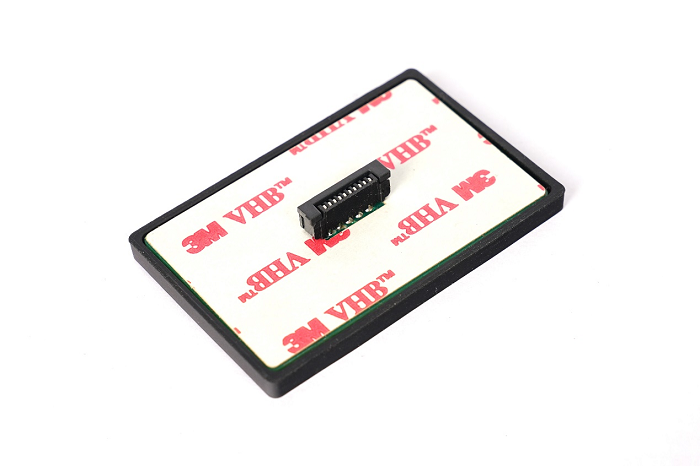
3.Non-tactile Membrane Switch
Non-tactile membrane panels also known as a flat membrane switch or non-touch switch. This kind of membrane switch is characterized by no keypads and buttons differentiated by color to indicate their position, shape, and size. This type of membrane switch is relatively simple in design and cost-effective, often found in mass-produced low-value products.
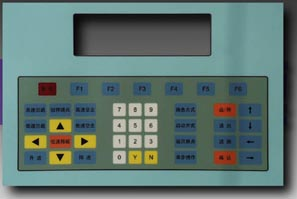
4.Tactile Membrane Switch
Traditional membrane switches rely solely on visual cues to indicate key positions, which may impact user confidence and operation speed. Tactile membrane switches feature slightly raised buttons, providing users with a physical indication of key boundaries and enhancing tactile sensitivity. These switches not only improve recognition speed but also contribute to the aesthetic appeal of the product.


5.Embedded LED Indicator Switch (Surface Mount Membrane Switch)
With the increasing use of surface-mount components, they have found their way into membrane switch designs, particularly with embedded LED lights. These switches with built-in LED indicators offer aesthetics, practicality, cost savings, and space efficiency, eliminating the need for diode soldering and back panel perforation.
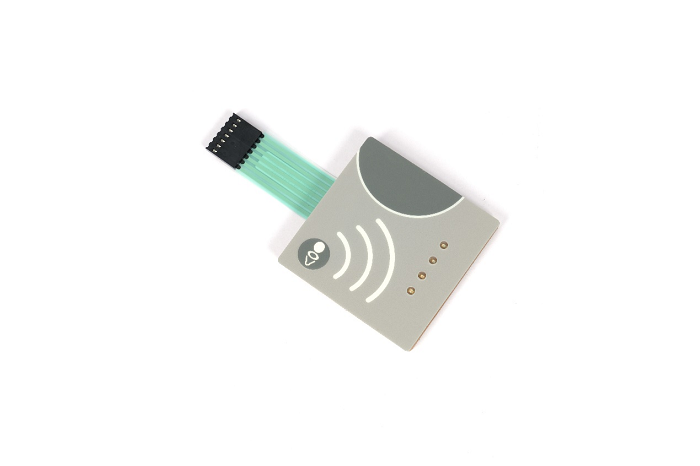
6.EL Backlit Membrane Switch
EL (Electroluminescent) backlit membrane switches address illumination concerns in instruments and devices under low-light conditions. EL backlighting offers advantages such as high brightness, compact size, long lifespan, and easy installation, making it increasingly popular among users. Now the backlit method including install LGF (light guide film) and optical fiber.
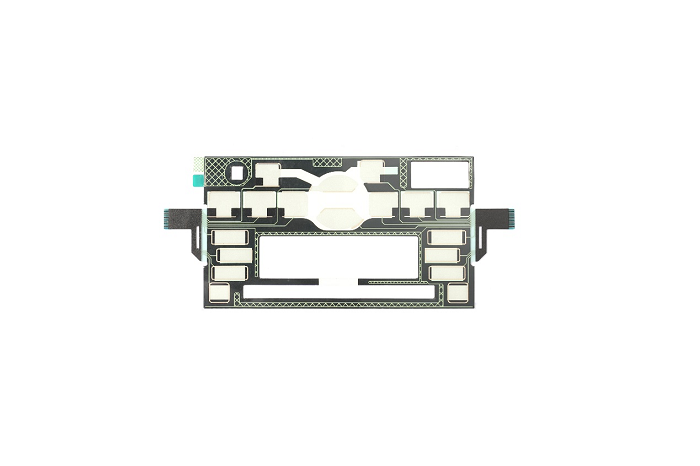
As technology continues to evolve, the demand for efficient, user-friendly interfaces will drive further advancements in membrane switch design and functionality. Whether for industrial machinery, consumer electronics, or medical devices, the right membrane switch enhances usability and improves overall user experience. For inquiries or assistance in selecting the ideal membrane switch for your application, please reach out to our Business Department for expert guidance and support.
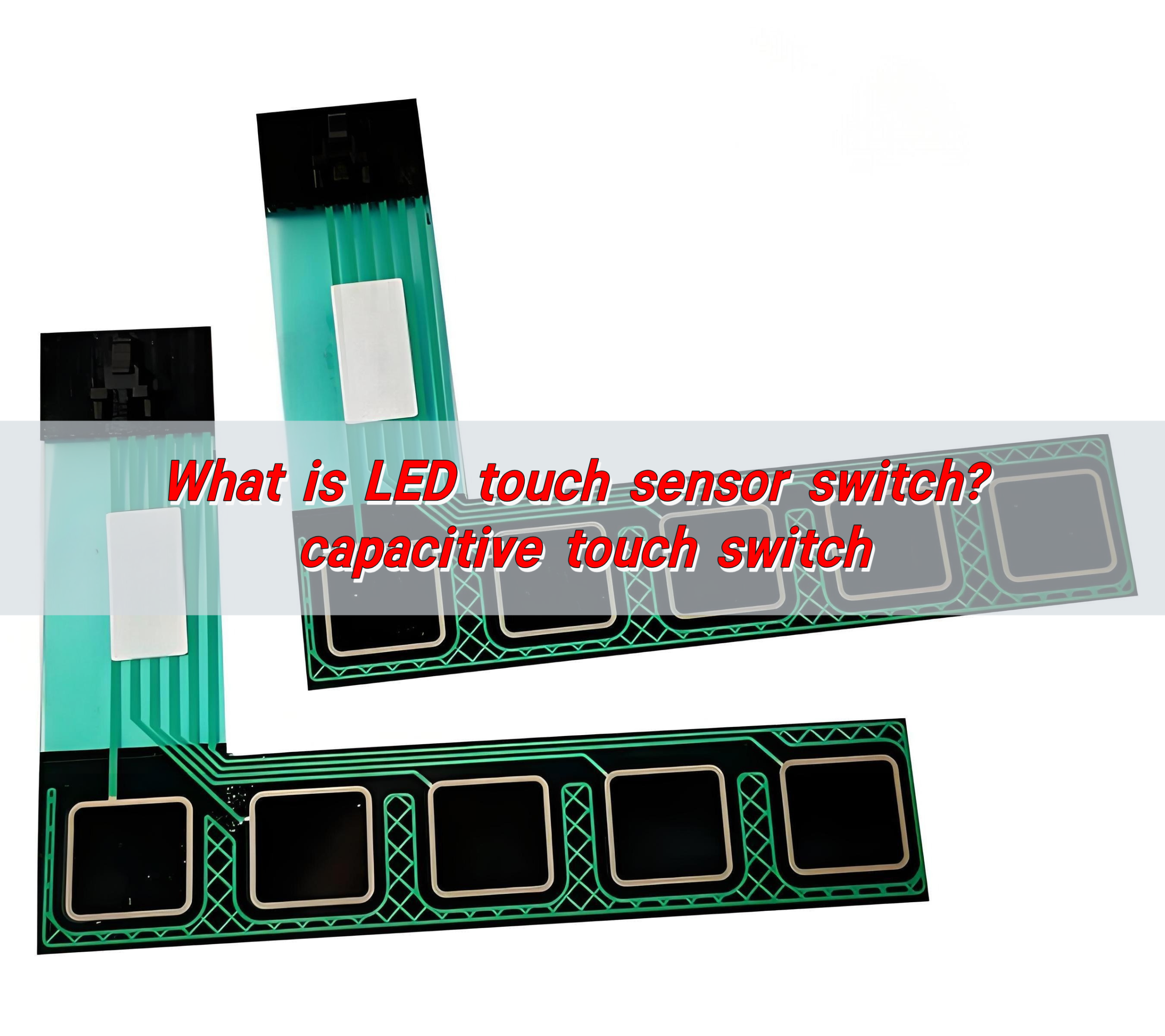
What is LED touch sensor switch? capacitive touch switch
The LED touch sensor switch is an electronic component that combines an LED light and a touch sensor. It controls the on and off of the LED light by touching it, achieving energy-saving and convenient lighting control. It uses capacitive sensing technology to detect human proximity or touch, thereby controlling the on and off of ...
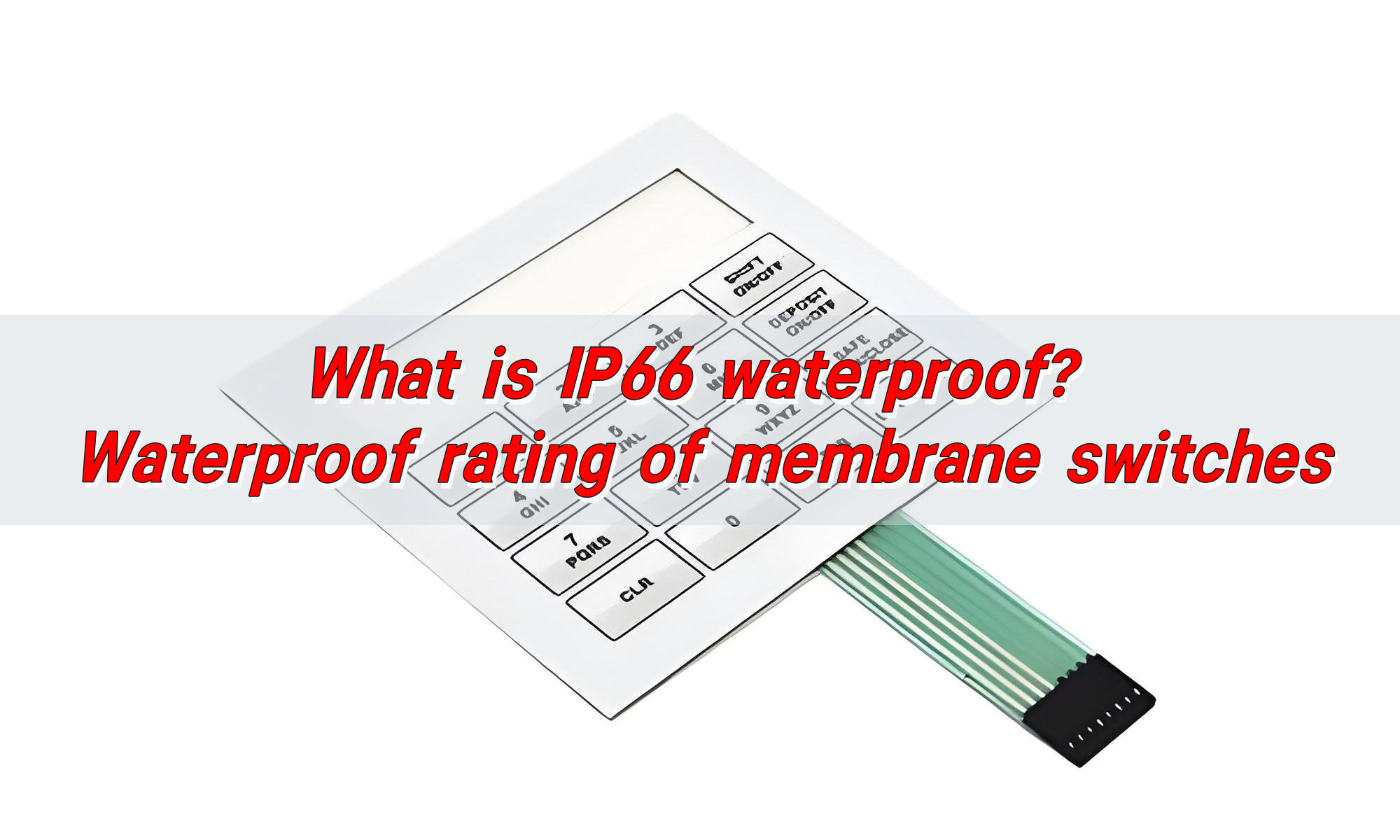
What is IP66 Waterproof? Waterproof Rating of Membrane Switches
The IP66 waterproof rating means that the device is completely protected from dust ingress and can withstand strong water jets. The waterproof rating of membrane switches can usually reach IP67, which is achieved through special processes and materials to ensure its reliability in humid or rainy environments. This performance makes membrane switches suitable for scenes ...
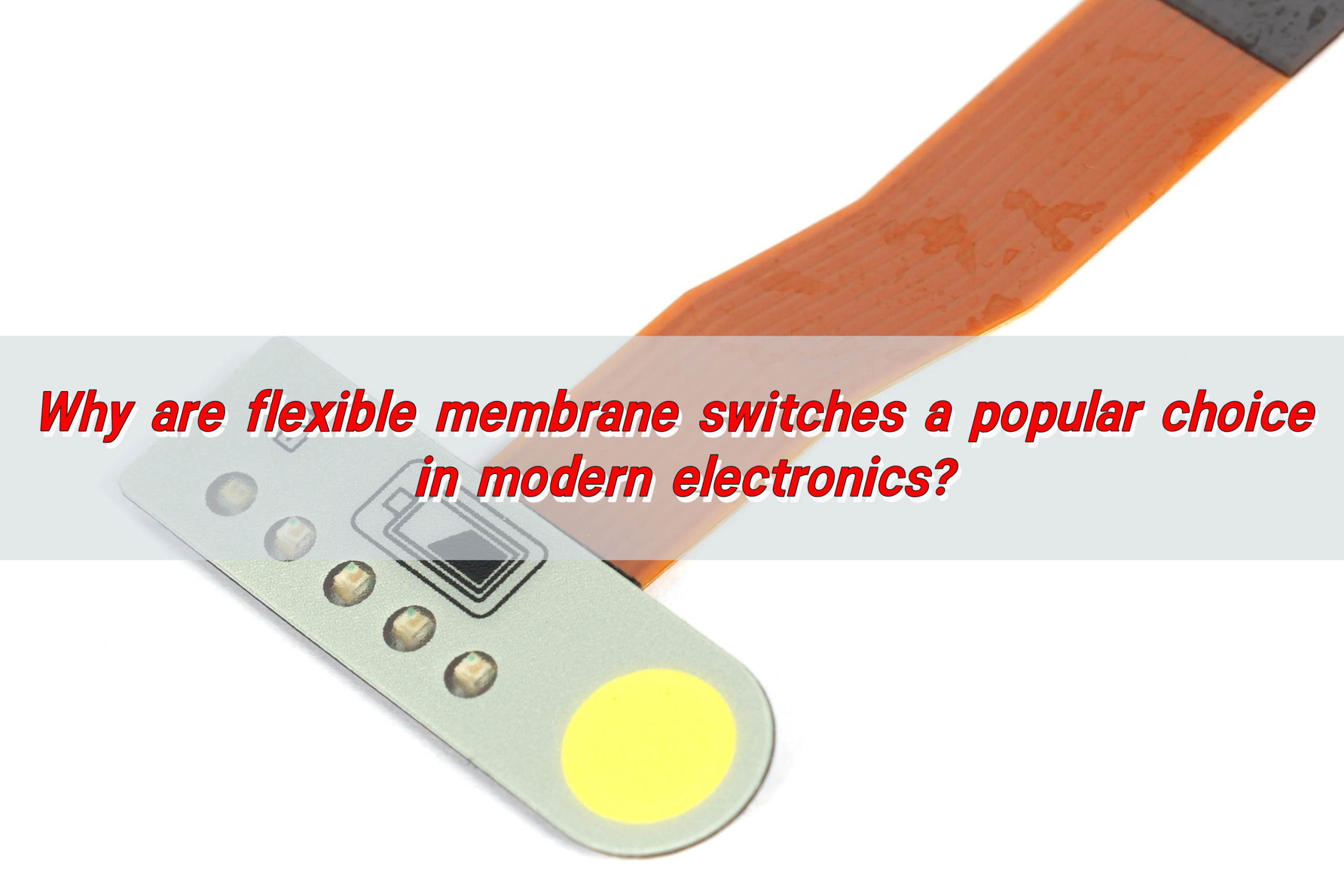
Why are flexible membrane switches a popular choice in modern electronics?
Flexible membrane switches are popular in modern electronic products due to their flexibility, thinness and economy. They not only adapt to complex curved surfaces and achieve flexible design, but also have environmental adaptability such as waterproof and dustproof. In addition, they support multi-function integration, such as LED indicators and sound feedback, to enhance user experience. ...
Contact us online